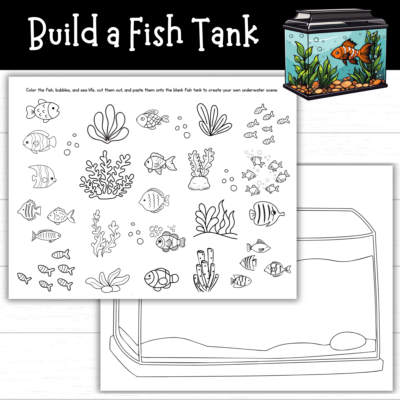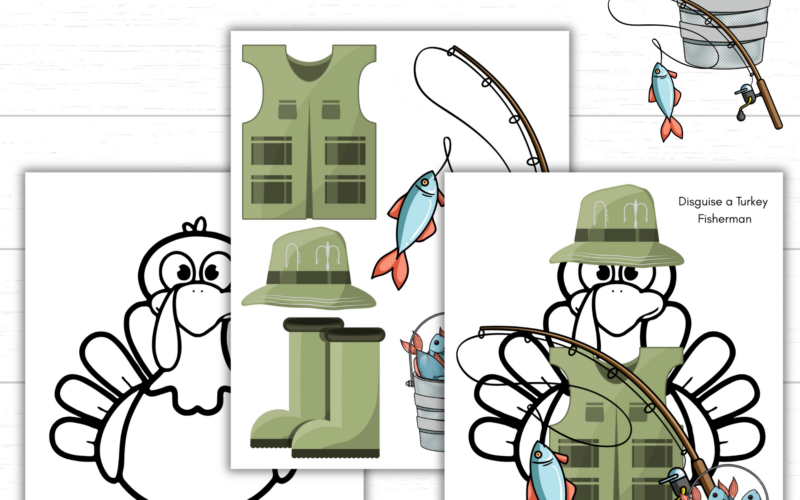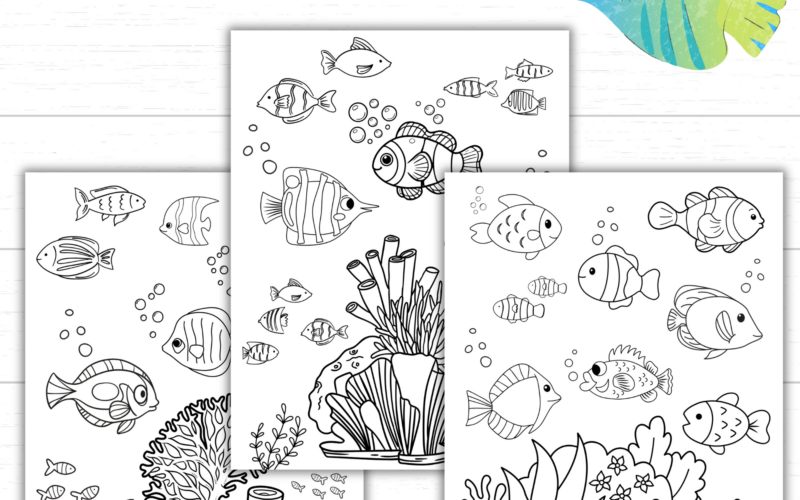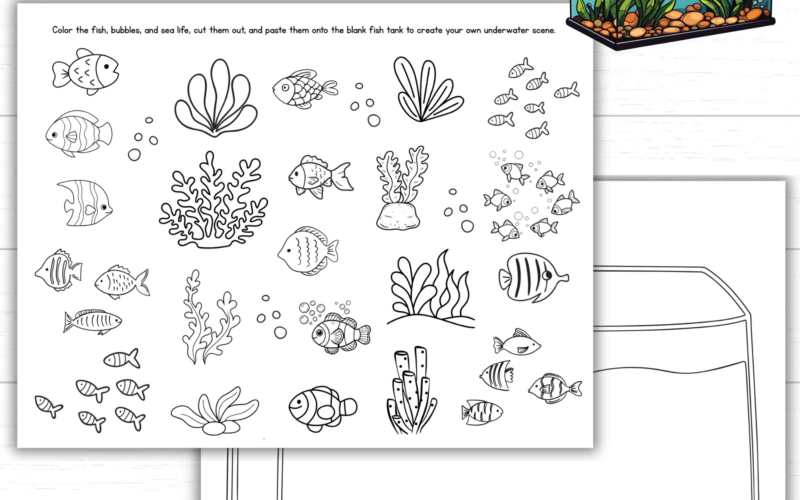Printable Disguise a Turkey Fisherman Buy now on Etsy | Teachers Pay Teachers ... Read More about Printable Disguise a Turkey Fisherman

Crafts, recipes, parenting tips and more for the everyday busy mom.

Printable Disguise a Turkey Fisherman Buy now on Etsy | Teachers Pay Teachers ... Read More about Printable Disguise a Turkey Fisherman

Printable Beach Coloring Pages Buy now on Etsy | Teachers Pay Teachers ... Read More about Printable Beach Coloring Pages

Printable Hawaiian Disguise a Turkey Buy now on Etsy | Teachers Pay Teachers ... Read More about Printable Hawaiian Disguise a Turkey

75+ Disguise a Turkey Ideas 41+ Turkey in Disguise Printable Outfits Printable Disguise a Turkey Ninja Buy now on Etsy | Teachers Pay Teachers ... Read More about Printable Disguise a Turkey Ninja

75+ Disguise a Turkey Ideas 41+ Turkey in Disguise Printable Outfits Printable Disguise a Turkey Mailman Buy Now on Etsy | Teachers Pay Teachers ... Read More about Printable Disguise a Turkey Mailman

Printable Under the Sea Fish Coloring Pages Buy now on Etsy | Teachers Pay Teachers ... Read More about Printable Under the Sea Fish Coloring Pages

Printable Build a Fish Tank Activity Buy now on Etsy | Teachers Pay Teachers ... Read More about Printable Build a Fish Tank